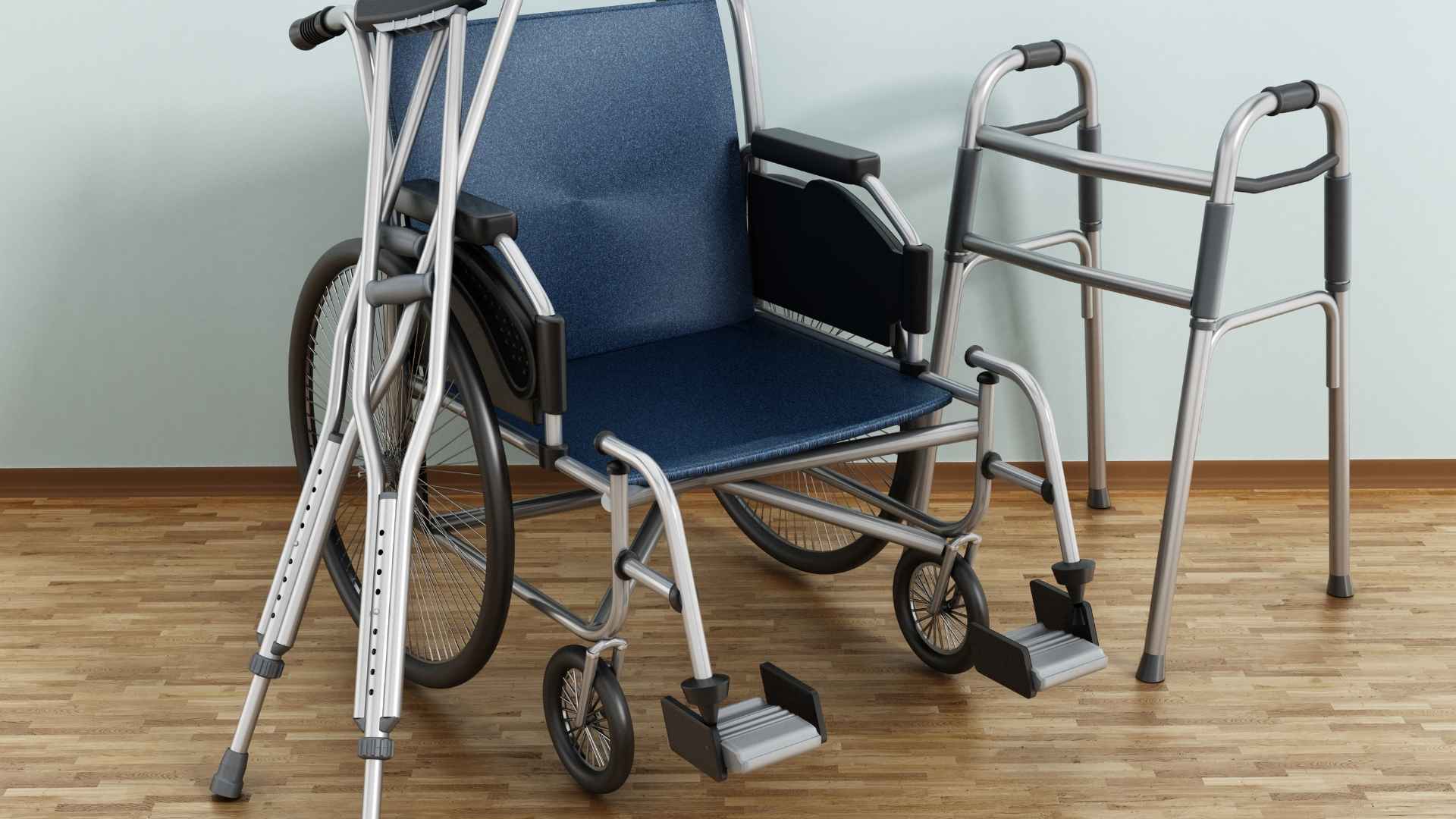All states have car seat laws, and Idaho is no exception. Whether you are a resident or a visitor, you must comply with Idaho’s car seat laws. In this article, we’ll guide you through the most important things to know about Idaho’s car seat laws.
Please know that if your child has been in a car accident, whether they were wearing a car seat or not, one of our Idaho car accident attorneys may be able to help you recover compensation for the medical costs of their injuries.
Idaho Car Seat Laws — at a Glance
Here are a few of the most basic requirements of the laws:
- Are child restraints required: Yes
- To what age: Until the child is seven years old
- What is required: An appropriate seat for the child’s size
What Is the Idaho Car Seat Law?
The Idaho car seat law is Idaho Statutes § 49-672, Passenger Safety for Children.
The law says that no non-commercial motor vehicle operator may transport a child six years of age or younger unless the child is in a car seat. These requirements are for the safety of your child or any child you are transporting, and it’s essential to follow them.
When Are Car Seats Required in Idaho?
Car seats are required in Idaho for children up to the age of seven. When a child turns seven, they are no longer legally required to be in a car seat. However, while the law only requires children to be in a car seat through age seven, the Idaho Transportation Department recommends continued use of a booster seat until the child is at least eight years old and large enough to fit correctly into an adult seat belt. When an adult seat belt is in use, it should be used properly, with the lower portion of the belt over the upper thighs and the upper portion of the belt positioned diagonally across the chest.
Additionally, for their safety, children should always be seated in the back of the vehicle until they reach the age of 13.
What Car Seat Is Required for a Child in Idaho?
Using the correct car seat for your child’s age, height, and weight is essential to their safety. All car seats used must be federally approved and compliant with 49 C.F.R. § 571.213 – Standard No. 213; child restraint systems.
Idaho’s car seat law does not say exactly what car seat should be used for each age and size, but it should be what’s appropriate for the child’s height and weight. Always check height limits and weight limits when purchasing a car seat. The Idaho Transportation Department recommends the following guidelines:
- Birth to 2 years – a rear-facing car seat in the back seat
- 2-4 years and between 40-65 pounds – a forward-facing car seat in the back seat; a top tether should be used if the child is under 40 pounds
- 4-8 years and under 4’9” – a booster seat with a lap belt and shoulder belt
Idaho Car Seat Compliance and Tickets
If you do not follow child seat belt laws, you are violating state laws. This can result in tickets.
Who Is Responsible for Car Seat Compliance in Idaho?
It is the operator of the vehicle who is responsible for car seat compliance in Idaho. The vehicle driver must make sure that a child is in the appropriate car seat. If your child is able to get out of their car seat, you need to pull over (if it is safe to do so) and ensure that they are back in their car seat before resuming driving.
Who Gets the Car Seat Ticket in Idaho?
The vehicle driver gets the car seat ticket in Idaho. This is true even if you are not the parent of the child.
What Is the Penalty for Not Having a Child in a Car Seat in Idaho?
Failing to have a child in a car seat in Idaho is a civil infraction punishable by an $84.00 fine.
Exceptions to Idaho Car Seat Laws
While it is always safest to have your child restrained in their car seat at all times, there may be moments when this becomes impossible. Below, we’ll go through some possible exceptions to Idaho’s car seat laws.
Are There Any Exceptions to Idaho Car Seat Laws?
Idaho car seat laws do not apply when:
- The vehicle is a commercial vehicle (such as a school bus)
- All the seat belts are in use, and the child is in the back seat
- If a child needs to nurse (the child can be held while doing so, rather than being in their car seat)
- To tend to the child’s immediate physiological needs
Do You Have to Use a Car Seat in an Uber or Lyft in Idaho?
Understanding whether a child needs to be in a car seat in an Uber or Lyft is complicated. The car seat law likely applies to children in rideshare vehicles, but the law does not explicitly state this. The law is further complicated by the fact that rideshare vehicles do not meet the definition of commercial motor vehicles given in Idaho Statutes § 49-123.
However, there is no guidance on whether the rideshare driver or the passenger must install the car seat and ensure the child remains restrained. They also do not specify who would receive the fine if a child was not restrained, though it would likely fall upon the driver in keeping with how the law is written for non-commercial vehicles.
Uber’s guidelines for drivers specifically state that riders must provide and install car seats for children. They also state that rideshare drivers may refuse service to passengers who do not do so. Lyft has similar guidelines.

It’s free to speak with us and learn the value of your case today.
Call Us NowIdaho Car Seat Laws and Accidents
When a car accident occurs and a child is involved, the resulting injuries can be serious. The National Safety Council estimates that the use of car seats in passenger cars lowers the risk of deaths in children under the age of one by 71% and by 54% for children one to four years old. However, whether a child was (or was not) in the correct car seat does not necessarily affect any lawsuits or insurance claims that arise after an accident.
Is It Considered Contributory Negligence if a Child Is Not in a Car Seat When an Accident Occurs?
No, failing to use a car seat is not contributory negligence. It is not admissible in a civil action to prove negligence.
If a child who is not restrained in a car seat is in an accident, the fact that they were not in a car seat cannot be introduced as evidence to prove negligence. Whether or not the child was in a car seat is not a factor in how or why the crash occurred. In addition, it is almost certainly not the fault of a young child that they were not properly restrained in a car seat, so it is not considered contributory negligence in the eyes of the law. A child who is the victim of an accident may receive the appropriate compensation per Idaho law.
It is the jury’s job to determine whose negligence caused the accident. Allowing the evidence would paint the driver in a bad light and could unfairly prejudice the jury. Therefore, the Idaho car seat law for children prohibits evidence of failure to use a child safety restraint as evidence regarding negligence in any civil action.
Child Safety and Vehicles – Other Miscellaneous Questions
Below are the answers to some additional frequently asked questions about Idaho’s car seat laws.
What Are the Booster Seat Requirements in Idaho?
In Idaho, children must be in an appropriate car seat until they are at least seven years old. For children ages 4-6, this often means being in a booster seat. While recommended to age eight, booster seats are only required until the child is seven years of age. The National Highway Traffic Safety Administration (NHTSA) has a helpful website for finding the right car seat or booster for your child’s age, height, and weight.
How Old Does a Child Have to Be to Sit in the Front Seat in Idaho?
Idaho does not have a law for how old a child must be to sit in the front seat. However, it is recommended that children sit in the back until they are 13 years old. One of the reasons for this is to keep the child as far away from any certain hard surfaces and the deployment of the airbag if they are in a car accident.
Idaho Lawyers for Car Accidents Involving Children and Car Seats
Has your child been in a car accident? Medical expenses can quickly add up if so. Our lawyers want to protect you and your child’s rights and fight for your fair compensation.
At Sargent Law Firm Injury Lawyers, we offer free consultations about car accident claims in Idaho. Whatever the circumstances, our personal injury lawyers can evaluate your case and pursue the compensation that your child deserves. Contact us today to talk about your situation.




